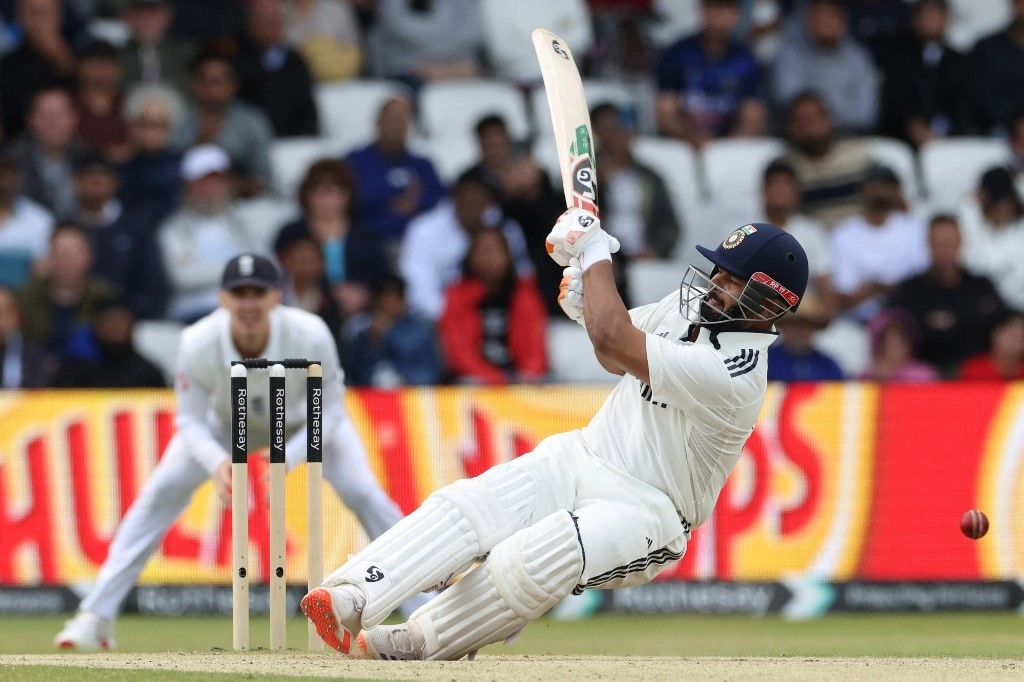Recent reports indicate that the Board of Control for Cricket in India (BCCI) and the England and Wales Cricket Board (ECB) have formed a strategic alliance aimed at undermining the burgeoning Saudi T20 League, which boasts a staggering financial backing of Rs 3,442 crore. This partnership highlights the growing concern among traditional cricketing nations regarding the potential disruption posed by the Saudi league, which seeks to attract top international talent with lucrative contracts and offers. By collaborating, the BCCI and ECB aim to safeguard their domestic competitions and retain the allegiance of prominent players who might be tempted by the financial allure of the Saudi venture.
The Saudi T20 League has emerged as a formidable contender in the cricket landscape, with its vast resources enabling it to offer substantial financial incentives to players. This has raised alarms among established cricket boards, particularly in India and England, where the sport has deep-rooted traditions and established fan bases. The BCCI, recognized as one of the richest cricket boards globally, is particularly sensitive to the implications of a rival league that could siphon off talent and disrupt the existing cricketing ecosystem. By joining forces with the ECB, the BCCI seeks to implement strategies that could effectively counter the Saudi league’s ambitions.
Furthermore, the collaboration between these two boards may involve a range of tactics, including enhanced financial packages for players in their respective leagues, promotional campaigns to bolster their domestic competitions, and stringent regulations to prevent players from moving to the Saudi league. The BCCI and ECB’s proactive approach underscores the importance of maintaining the integrity and competitive balance of cricket as a sport, especially in an era where financial motivations are increasingly influencing players’ decisions. Their united front might also serve as a warning to other emerging leagues that seek to challenge the status quo in global cricket.
As the landscape of cricket continues to evolve, the partnership between the BCCI and ECB could mark a significant turning point in how traditional boards respond to the rise of alternative leagues. By prioritizing their interests and collaborating effectively, they aim to ensure that the cricketing world remains centered around established formats and competitions. This strategic move not only highlights the competitive nature of global cricket but also underscores the need for traditional boards to adapt in order to safeguard their interests and the future of the sport.




